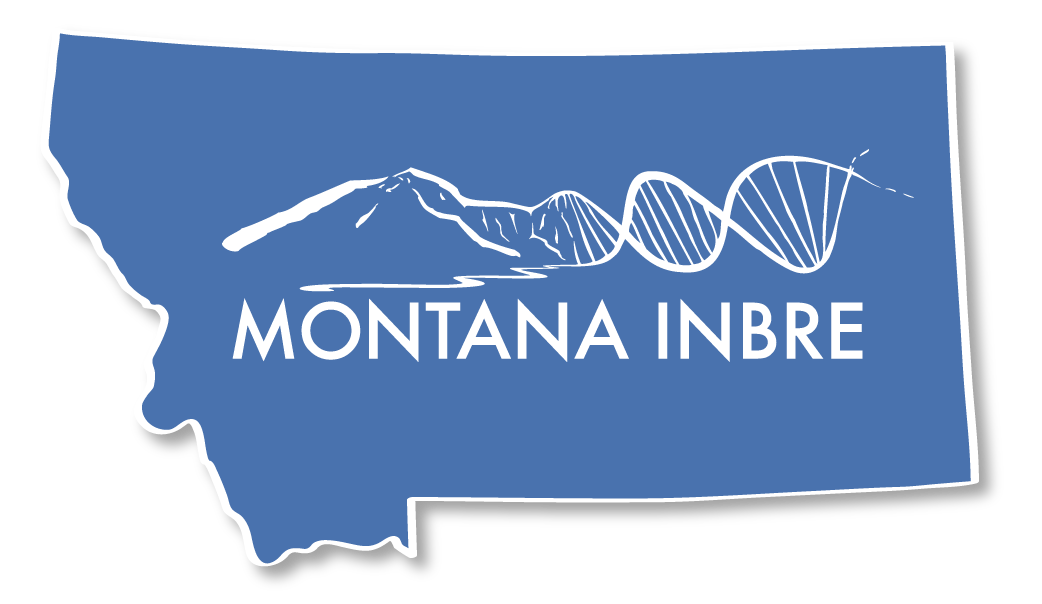Dr. Mark Jutila Presents Impact of Diet Supplements: Helpful or Harmful?
April 21, 2011
6:00 - 7:30pm Baxter Ballroom, 105 West Main Street, Bozeman, MT
Complementary and alternative medicines (CAMs) describe nutritional supplements that are taken by the public in hopes of positively impacting human health. CAMs, which include many different plant products and probiotics, are used by nearly 40% of the American public in some form, yet we have a poor understanding of their potential human health benefits, specific mechanisms of action, and safety. A discussion on CAMs and some of our recent work in the area, focusing on impacts on the immune system, will be presented.
Dr. Mark Jutila is a Professor in the Department of Immunology and Infectious Disease, and is the Interim Department Head of Microbiology at Montana State University (MSU). Throughout his career, Dr. Jutila's academic honors include MSU's Meritorious Technology/Science Awards, the Annual WWAMI Science in Medicine Lecture (University of Washington School of Medicine), Distinguished Veterinary Immunologist of the Year (American Association of Veterinary Immunologists), MSU's Cox Award for Creative Scholarship and Teaching and the MSU Alumni Association/Chamber of Commerce Award for Excellence. Dr. Jutila obtained a bachelor's degree in Microbiology from MSU, and his graduate work, in microbiology and immunology/veterinary science, was completed at Washington State University in Pullman.
Dr. Jutila's research focuses on inflammatory disease and developmental immunology. In addition, Dr. Jutila is one of several researchers at MSU who recently received National Institutes of Health funding to study alternative medicines that target the intestine and lungs. The researchers are investigating products already on the market and medicines still being developed. The overall goal of the program is to understand the mechanisms that make alternative and complementary medicines work or not work. The scientists plan to examine the exact molecules that induce an effect, to determine how they work.
The Café Scientifique was co-sponsored by Montana INBRE and Montana State University COBRE programs.


